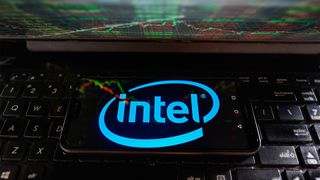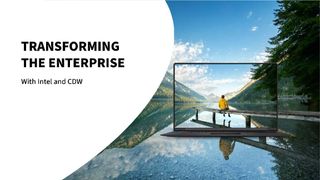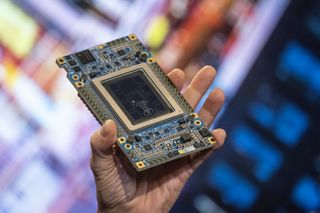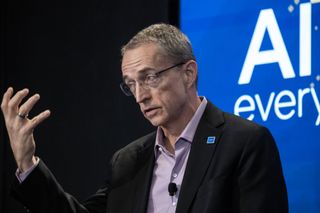Intel
Latest about Intel

The business value of Dell PowerFlex
By ITPro published
Whitepaper Minimize downtime and boost the productivity of IT staff with software-defined infrastructure
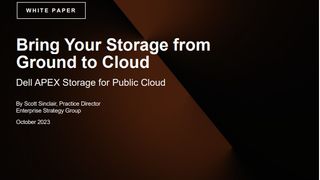
Bring your storage from ground to cloud
By ITPro published
Whitepaper Dell APEX Storage for public cloud

Five ways to drive innovation at the edge
By ITPro published
Whitepaper How an effective edge strategy can generate new value for your organization

AI PCs are set to surge in popularity in 2024, but vendors might find it hard to differentiate offerings
By Ross Kelly published
News AI PCs are moving beyond the hype stage as analysts forecast significant signs of growth in this rapidly emerging market

Sustainable business starts with sustainable IT infrastructure
By ITPro published
Whitepaper Reduce energy consumption without sacrificing performance with Intel and CDW

Intel poaches HPE exec Justin Hotard to lead its Data Center and AI Group
By Daniel Todd published
News Intel CEO Pat Gelsinger said Hotard boasts an "impressive track record" in driving data center innovation
Get the ITPro. daily newsletter
Receive our latest news, industry updates, featured resources and more. Sign up today to receive our FREE report on AI cyber crime & security - newly updated for 2024.
